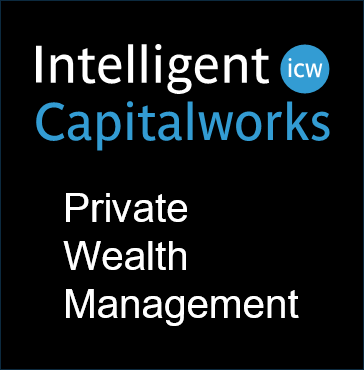Looking forward to retirement? If you’ve built a nice nest egg, you’ve taken care of one of the critical tasks in preparing for retirement. But simply having significant savings doesn’t mean you’re ready to retire well.
For those planning to hang ‘em up in two to three years, it’s essential to work your way through a checklist of smaller, but no less important, tasks. If you don’t, you may find yourself unsure of things like how you’ll pay for healthcare, whether you’ll outlive your money, and even how you’ll spend all that free time in retirement.
So get started on that checklist!
Decide where to you’d like to live.
Many retirees pull up stakes, either to meet a financial goal such as redeploying home equity into an income-producing investment portfolio or reducing/eliminating a state income tax burden, or for personal reasons, such as being closer to children and grandkids.
Envision your purpose.
Golf and gardening alone don’t make for a full retirement. So make a plan for how to use your talents and pursue your passions, whether it’s an “encore career,” volunteering or just exploring and discovering.
Create your retirement budget.
Prepare a budget based on your desired retirement lifestyle to ensure you will be able to meet your planned expenditures.
Don’t forget to account for quarterly, semi-annual and annual expenses that don’t appear when you map your monthly budget, or for future expenses that you may not yet have, such as long-term care insurance premiums.
Review your investments and savings.
With your retirement budget in place, you’ll need to determine whether your investments and savings are adequate to meet your budget. If not, you may need to save more, adjust your planned retirement date or lifestyle, or some combination of these to help ensure you retire well and don’t outlive your money.
Maximize your Social Security benefits.
When and how you take Social Security impacts the amount of benefits you may receive over your lifetime. Oftentimes, comparing different claiming strategies will reveal potentially substantial differences in lifetime Social Security benefits. Just as CPAs use tax preparation software to cope with the complexity of the tax code, professional financial advisors use specialized software to navigate the myriad rules and options when analyzing various claiming strategies. Your Social Security claiming strategy may well be a bedrock cash flow decision for you, so choose wisely.
Plan for your healthcare costs.
Evaluate your healthcare costs in retirement – they’re frequently higher than retirees anticipate – and figure out how you’ll pay for them. Remember to pay attention to your Medicare enrollment requirements. There are lifetime penalties that you must pay for late enrollment. Be sure to read last week’s post: Avoid the Medicare “Late Enrollment Tax.” Also, remember to consider your need for Medicare supplement insurance and long-term care insurance.
Coordinate your income and spending plans.
Help minimize your taxes and maximize your after-tax cash flow by developing a tax-aware plan for scheduling your retirement income. Look at your pension income, Social Security, earnings from part-time work, annuity payments and withdrawals from your various taxable and retirement accounts. Work to coordinate your income with your spending plans and help reduce or avoid income tax inefficiencies.
Consolidate your accounts.
Merging your far-flung investment accounts you’ve accumulated over the past few decades provides administrative simplicity and can potentially reduce your investing costs. Beware new regulations and tax traps regarding retirement plan rollovers.
Invest for rising income.
You’ll need to invest your savings so that they generate a rising income to help sustain you through your rising costs and expenses over your coming decades in retirement.
Review your [living] estate planning documents.
Make sure that you have a living estate plan that will provide for you if you are unable to manage your affairs. Review your trust(s), co-trustees, successor trustees, trust protectors, living wills, powers of attorney (health care, financial, and general), powers of appointment , health care directives and living will. Be sure they are complete, up to date, and reflect your current wishes.
Given the scope of the checklist, it’s not surprising that many individuals and couples approaching retirement seek the help of a professional financial advisor. A professional financial advisor can help educate, provide knowledgeable and objective guidance, help simplify complex choices and create a retirement plan based on solid analysis and appropriate strategies.
If you would like help with planning for your retirement and managing your investments, we may be able to help. That’s just part of what we do.



















